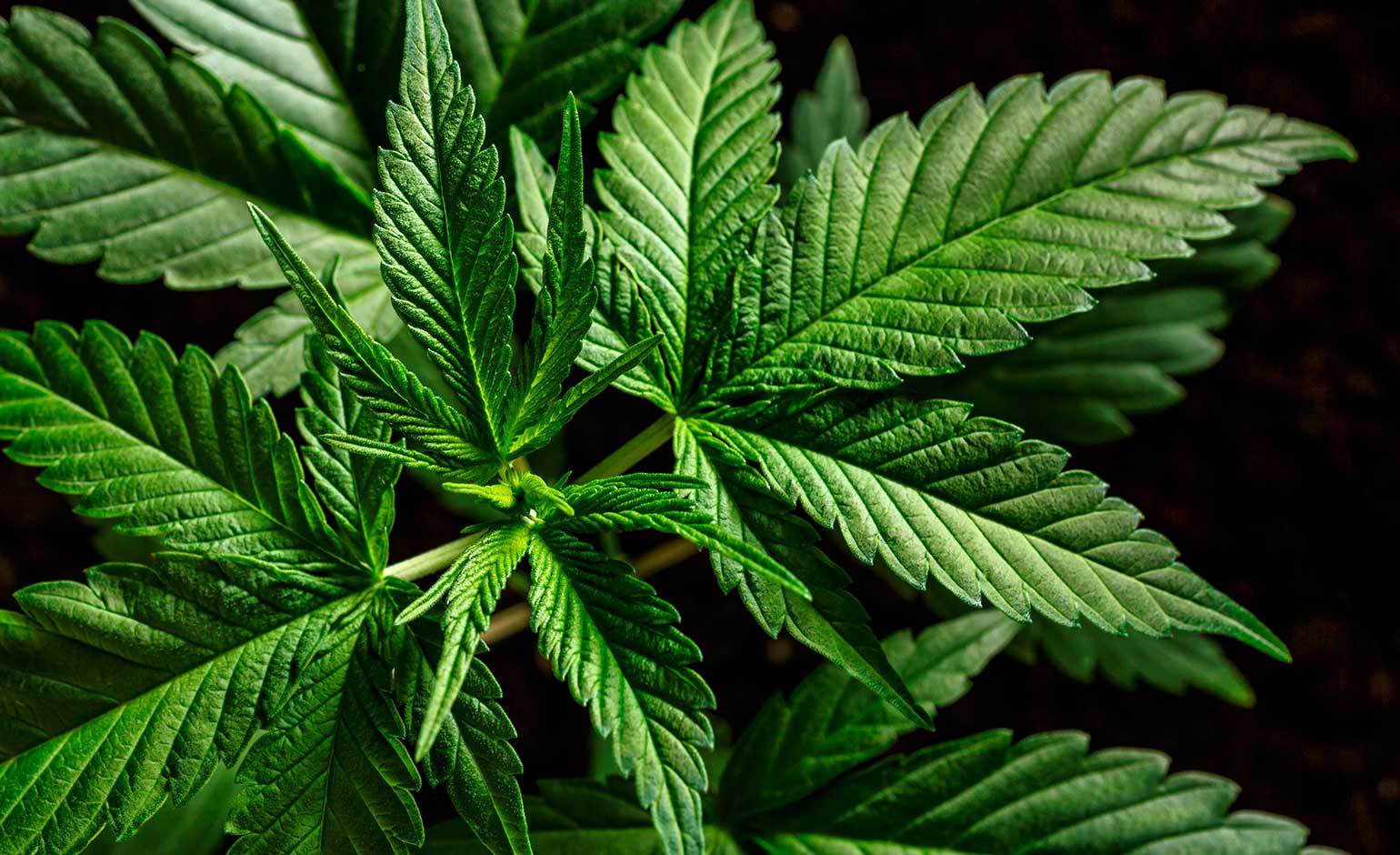1,600 people applied for the microbusiness program, with the 4th Congressional district having the most applicants and 1st district with the least applicants.

The state has announced the winners on Monday evening. (Photo: missouribusinessalert.com)
Missouri began the process of doling out microbusiness cannabis licenses on Monday, by announcing the winners of a lottery determining who gets to participate in the state’s microbusiness programs.
The results were posted on Monday evening by The Missouri Department Health and Senior Services, which also oversees the state’s marijuana program. The microbusiness program is meant to boost opportunities in the business industry in disadvantaged communities. This microbusiness program was part of the constitutional amendment to legalize recreational marijuana that voters have passed in November.
1,625 people in total have applied during the application period from July 27 to August 10. The 4th Congregational district was with the most applicants, this includes the Central Western portion of the state.
READ ALSO: Tax Payment Plan — An Option For Individual Tax Liability
There are 7 categories where people could qualify for a microbusiness program license – ranging from lower income level to having incarcerations related to marijuana offenses.
The microbusiness program was designed to bring new entrepreneurs in the industry, especially for people who lack the capital to start a traditional dispensary after Missouri has legalized marijuana use. Businesses and people involved in the industry have criticized the microbusiness program, however, because of the restrictions in the microbusiness program licenses.
The owner of Grow Gear supply shop, Lila Waier, said she is skeptical that the businesses operating under the program will be able to turn a profit because of the program’s structure. The business under the program must operate within a closed system, with micro wholesale operations only able to sell directly within microdispensaries. Wholesale operations are also limited to 250 flowering plants. Some industries also compared the marijuana microbusiness to craft brewing operations that they will operate in a niche market and depend on customers willing to pay a premium for specialty or boutique products.
READ ALSO: List Of Illegal Drugs:Expert Says Opioid Nitazene Could Be Deadlier Than Fentanyl









